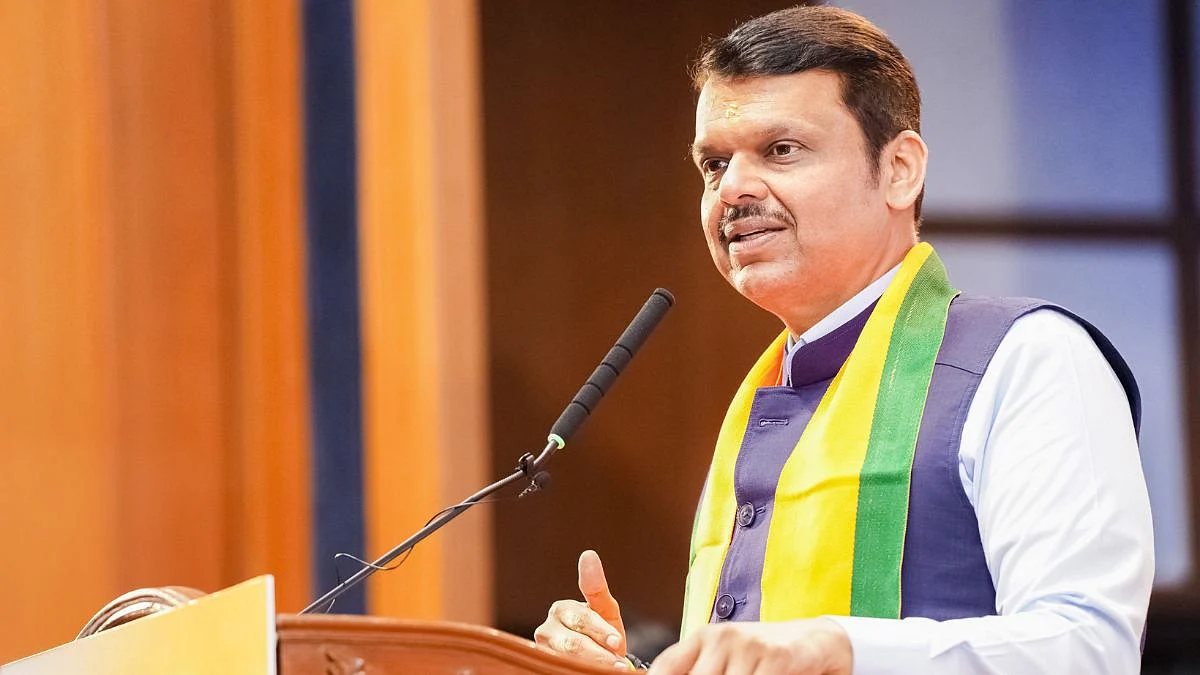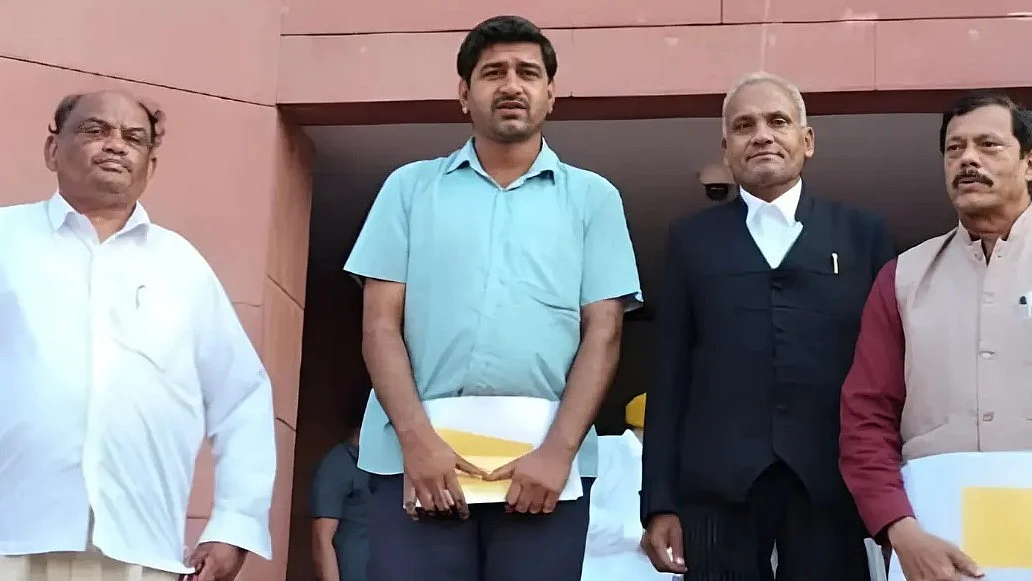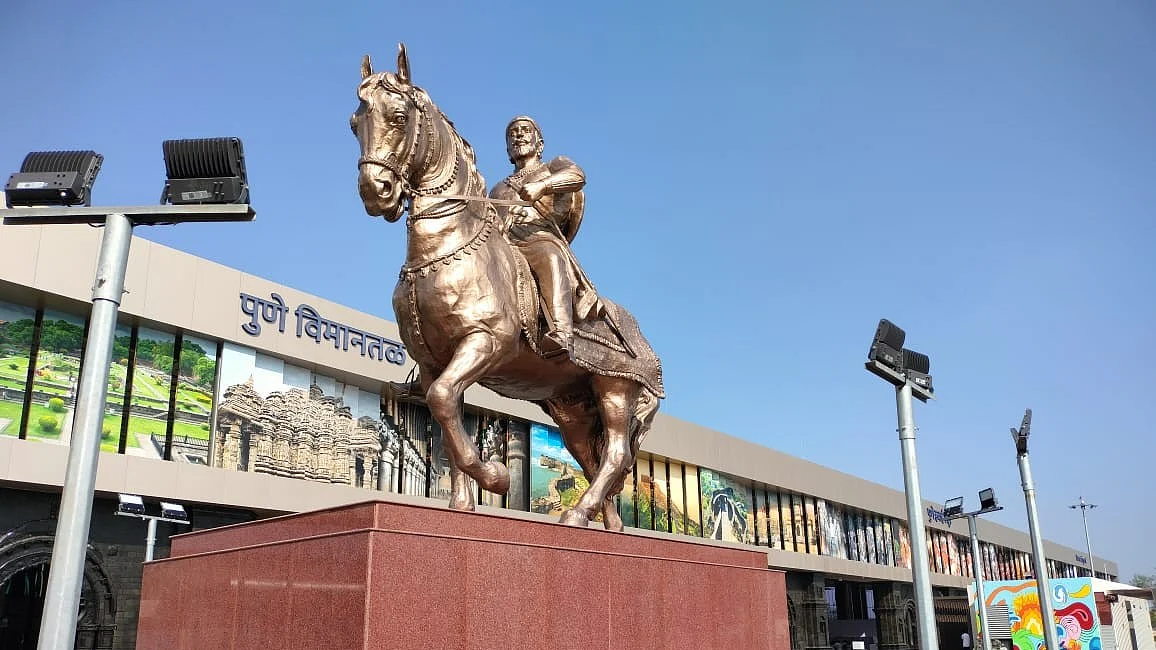The sudden and unexpected resignation of Jagdeep Dhankhar last month has pushed the country into an unanticipated vice-presidential election.
The Bharatiya Janata Party (BJP)-led National Democratic Alliance (NDA) has chosen Maharashtra Governor C.P. Radhakrishnan as its nominee, while the Indian National Developmental Inclusive Alliance (INDIA) bloc's vice-presidential candidate is Justice (Retd.) B. Sudershan Reddy.
Amid this, a man from Pune has claimed to have also filed his nomination papers for the elections, which will take place on September 9, with counting of votes scheduled for the same day.
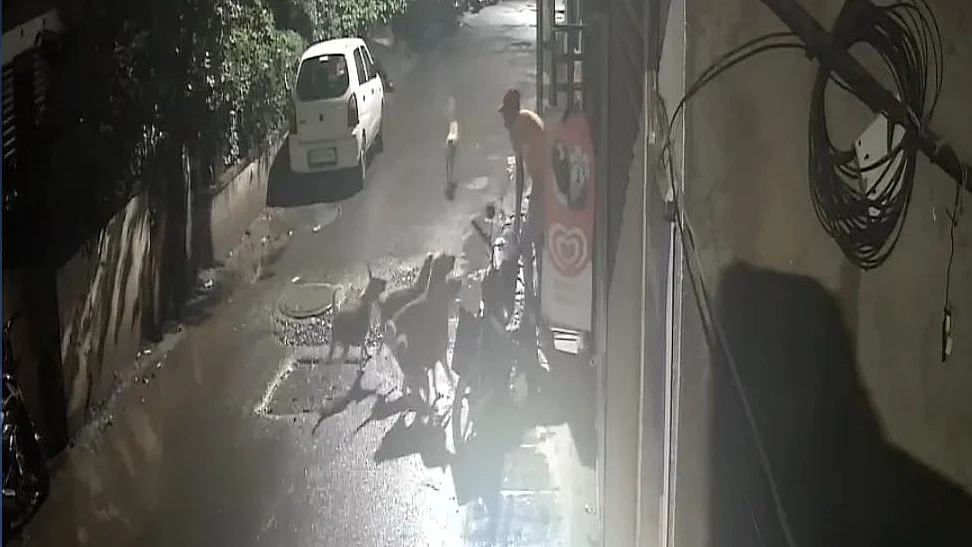
Identified as Umesh Mhetre, the man comes from an ordinary farmer family in Sahajpur village of Daund taluka, Pune district.
In a statement to the media, Mhetre said, "I come from a farming family. Yesterday, I filed a nomination for the vice-presidential election. I help poor and needy people solve their medical and economic issues by going to Mumbai and Delhi. I help people with their police cases. I report and complain about potholes on the roads. I urge the MPs to vote for me in the elections."
Watch Video:
Rules for VP elections
- A candidate seeking election as Vice-President is required to make a security deposit of ₹15,000.
- Any person qualified to be elected and intending to stand for election as VP is required to be nominated by at least 20 MPs as proposers and at least 20 MPs as seconders.
- The VP is elected by an electoral college consisting of members of both Houses of Parliament.
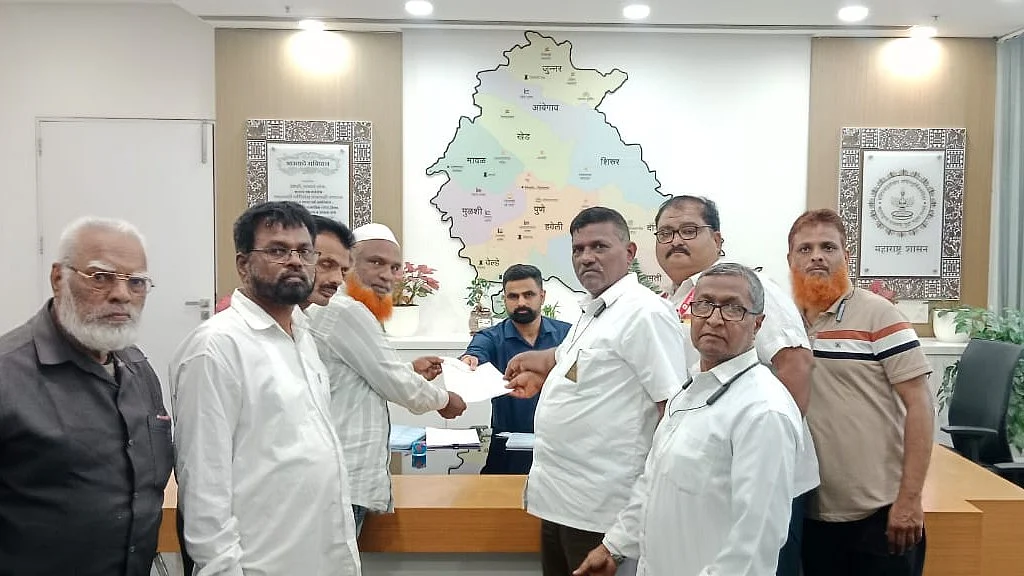
- The VP is not a member of either House of Parliament or of a House of a Legislature of any state. If a member of either House of Parliament or of a House of a Legislature of any state is elected as VP, he is deemed to have vacated his seat in that House on the date he/she enters office as VP.
- A person cannot be elected as VP unless he is a citizen of India, has completed the age of 35 years, and is qualified for election as a member of the Council of States (Rajya Sabha).



